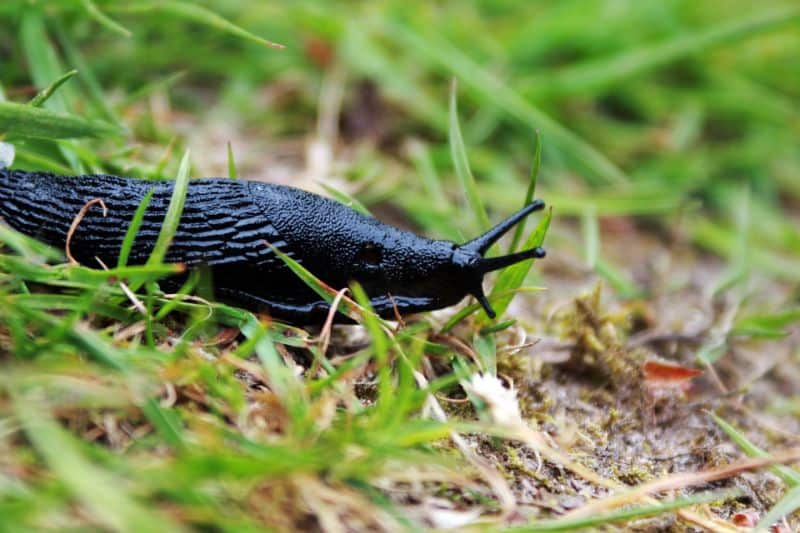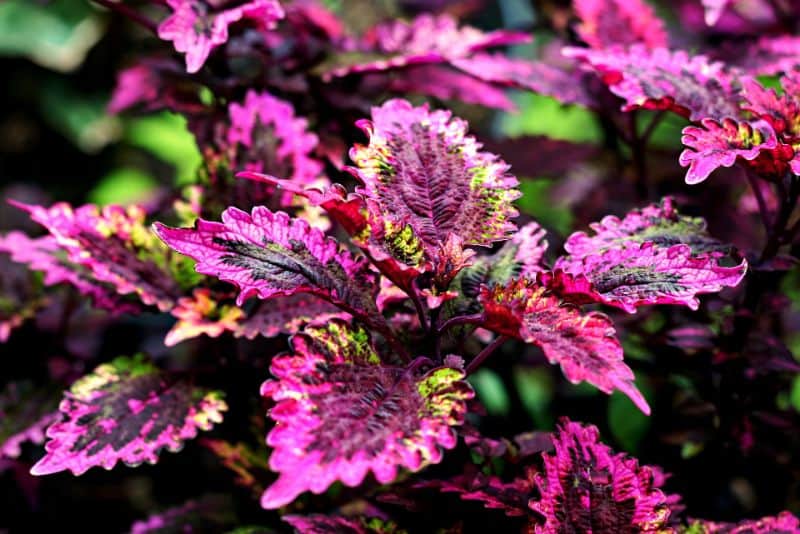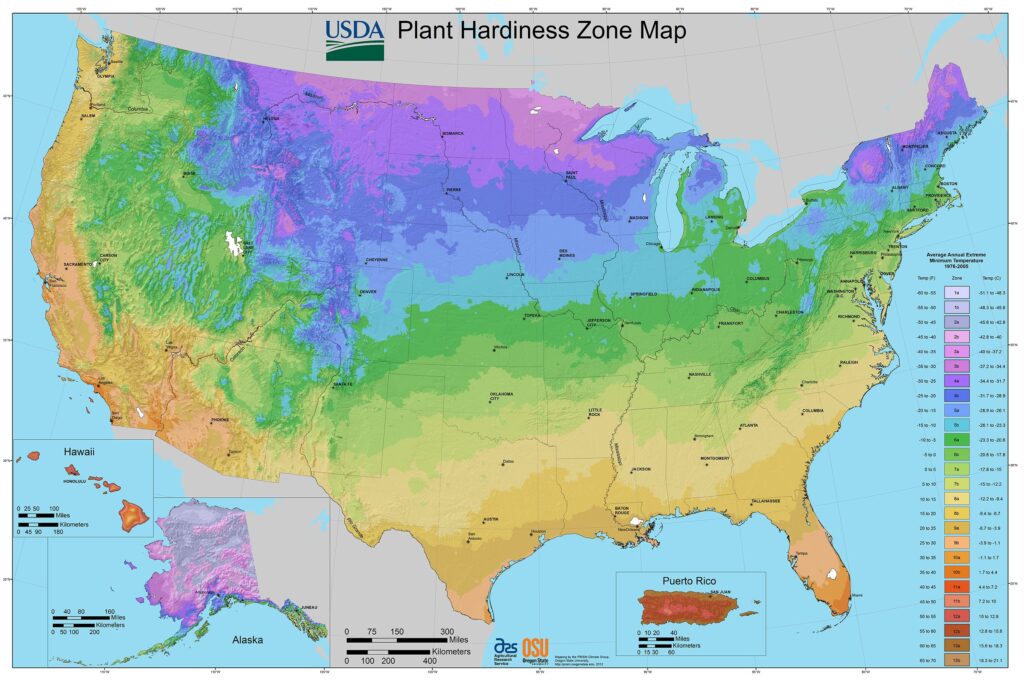Coleus plants are stunning additions to any garden, but they can be a little fickle to care for. If you want to learn how to grow and care for coleus plants, read on! We’ll discuss the best way to plant them, how much light they need, and how to deal with common problems. By the end of this post, you’ll be able to grow coleus like a master gardener!
Best Coleus Varieties
| Image | Name | Rating | Shop |
|---|---|---|---|
 | Giant Exhibition Complete Mix Coleus Seeds | ||
 | 400+ Coleus Seeds- Rainbow Mix | ||
 | Coleus Wizard Mix |
How to Grow and Care for Coleus
Coleus Hardiness Zones
Coleus is a perennial in zones 10-11 (USDA), but it’s an annual everywhere else. So, if you’re in a zone that doesn’t fall within the 10-11 range, you’ll have to replant your coleus every year.
How Much Sun Do Coleus Need
Coleus prefers shady locations but will tolerate some sun if they are acclimated to it gradually. They need at least 4 hours of good indirect light each day and benefit from a little early morning or evening sun. In too much direct sun, the leaves of most varieties will scorch and the plant may eventually die. Sun-tolerant coleus can handle more direct sunlight, but even these varieties usually perform better in partial shade.
Coleus Soil Requirements
Coleus performs best in rich, moist soil that is well-drained. A light neutral to slightly acid soil is ideal. If your soil is on the heavy side, consider amending it with some organic matter prior to planting.
Coleus Soil pH
Coleus prefers a slightly acidic to neutral soil pH of 6.0 to 7.0. If your soil is too alkaline (pH above 7.0), you can add sulfur or aluminum sulfate to the soil to lower the pH. On the other hand, if your soil is too acidic (pH below 6.0), you can add lime or wood ash to the soil to raise the pH.
Coleus Plant Spacing
When it comes to Coleus Plant Spacing, you should give each plant 2 to 3 feet of space. If you don’t, the plants will crowd each other and won’t have enough room to spread out and show off their beautiful leaves.
Coleus Temperature Requirements
Coleus is a tropical plant, and it thrives in hot, humid conditions. And it doesn’t like temperatures below 50 degrees Fahrenheit. So if you’re living in a colder climate, you’ll need to keep your coleus plants indoors during the winter months.
Read More: How Cold of a Temperature Can Coleus Tolerate
Coleus Fertilizer Requirements
When it comes to fertilizing Coleus plants, you’ll want to make sure that the soil is rich and that you’re using a balanced slow-release fertilizer. These plants don’t require a lot of fertilizer, so you don’t need to go overboard. However, extra nutrients will go a long way in ensuring that your Coleus plant stays healthy and vigorous.
Coleus Water Requirements
Coleus is native to tropical areas and typically requires a moist environment to thrive. While they can withstand short periods of drought, it is best to keep them consistently moist – especially during the warmer months when they are actively growing.
Coleus Humidity Requirements
Coleus plants enjoy high humidity, so it’s important to grow them outdoors in a moist environment.
Coleus plants also enjoy high humidity indoors, so it’s important to keep the air around them moist at all times. A humidifier can help to raise the humidity level in your home, or you can place the pot on a tray of wet pebbles.
Coleus Pests

There are a few pests that can be problematic for coleus plants including but not limited to Mealybugs, aphids, spider mites, whiteflies, and slugs are all possible culprits.
Related Articles:
Coleus Diseases
Coleus plants are susceptible to a number of different diseases, but most of them are fungal diseases that occur late in the season. The best way to prevent these diseases is to water your coleus plants only when necessary and make sure they have good drainage. avoidance of overhead watering is also important to keep the leaves disease-free.













